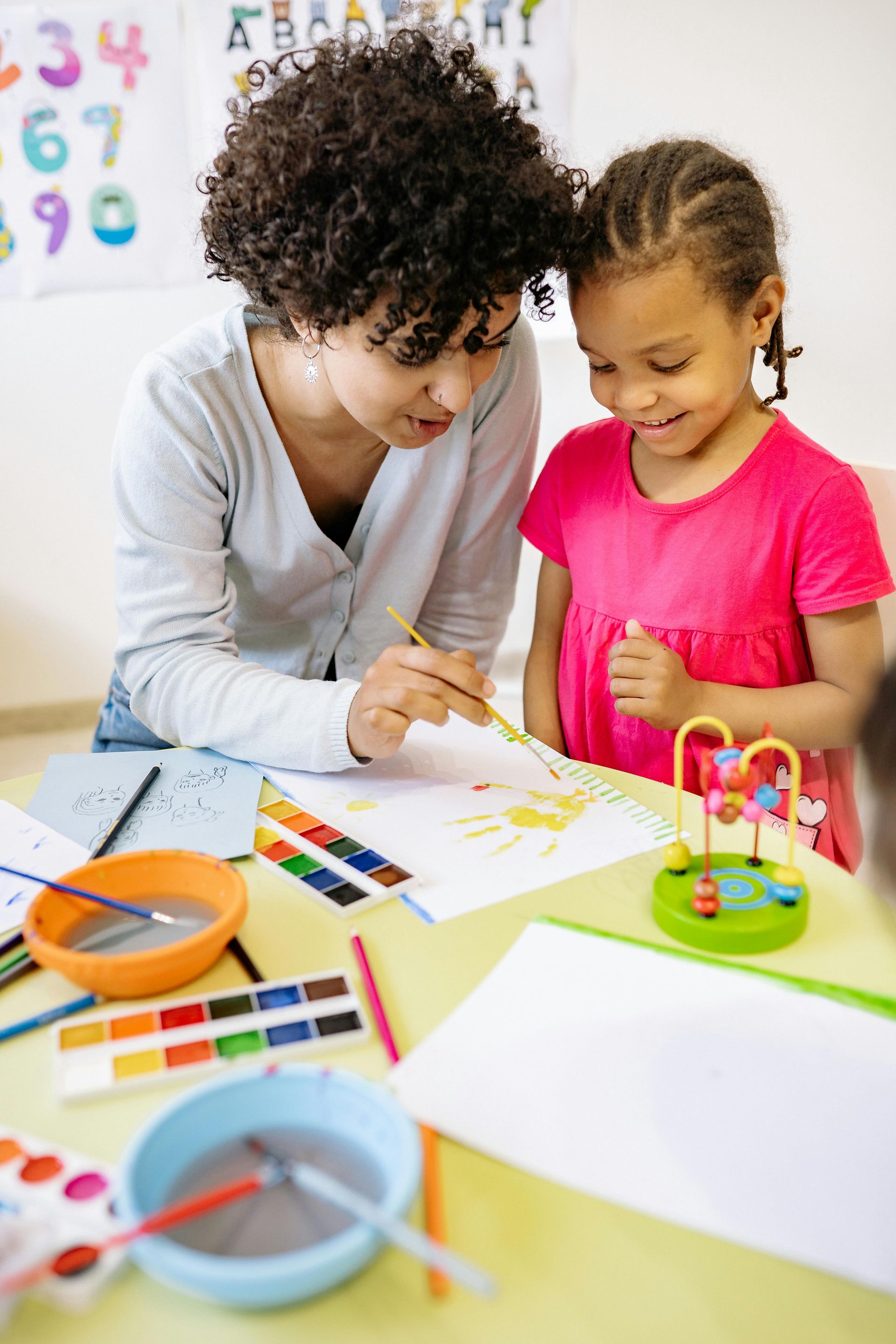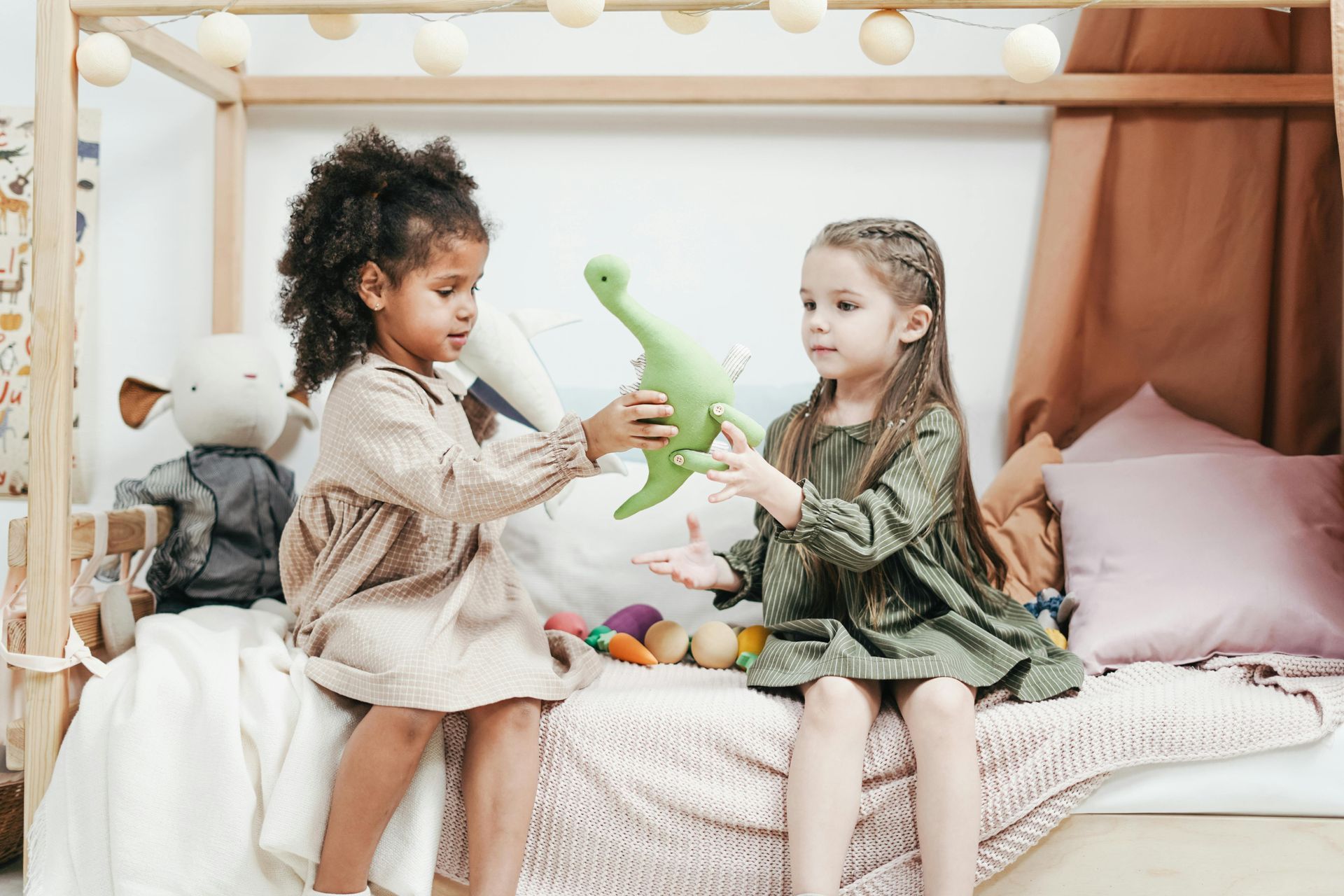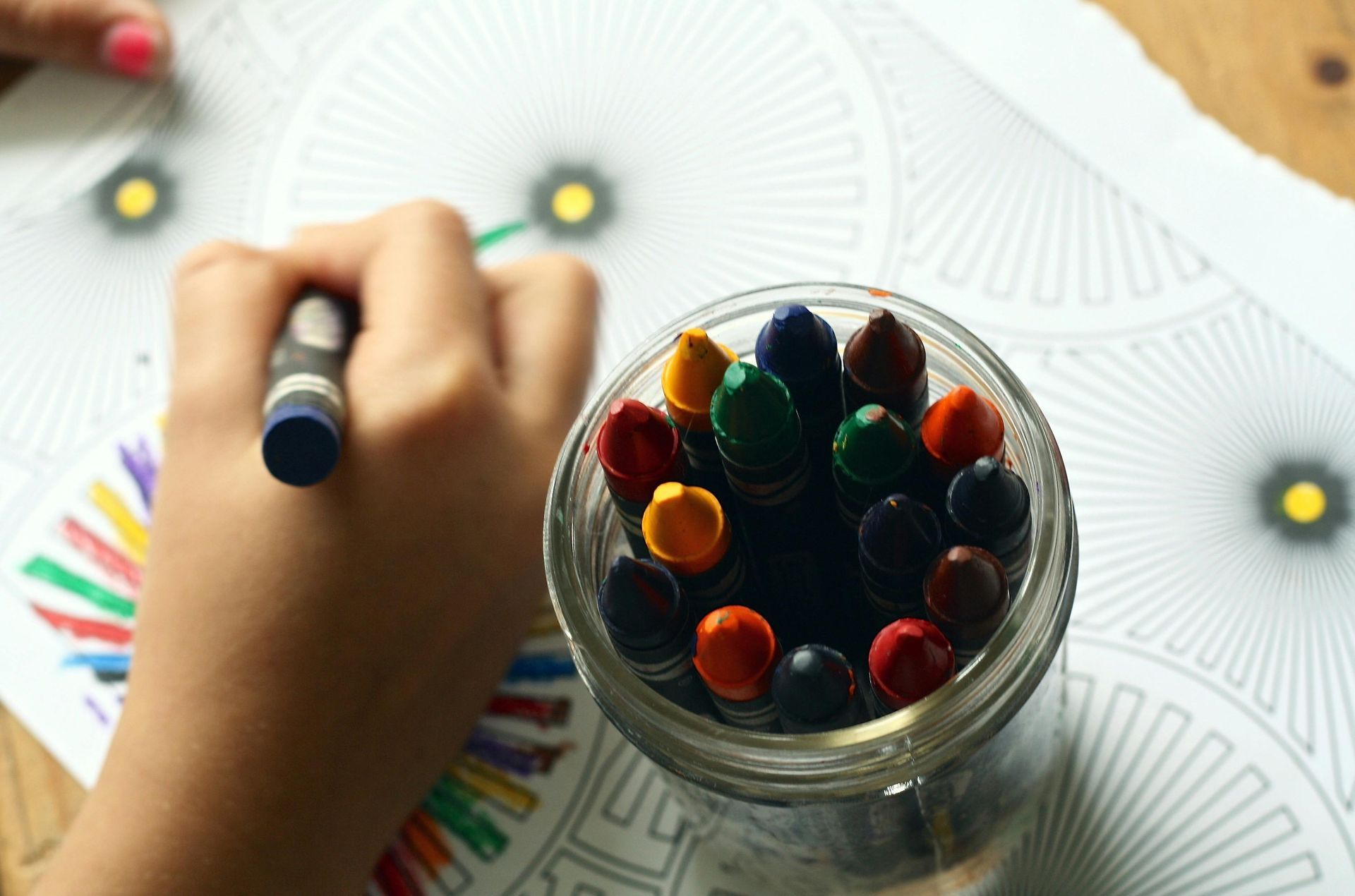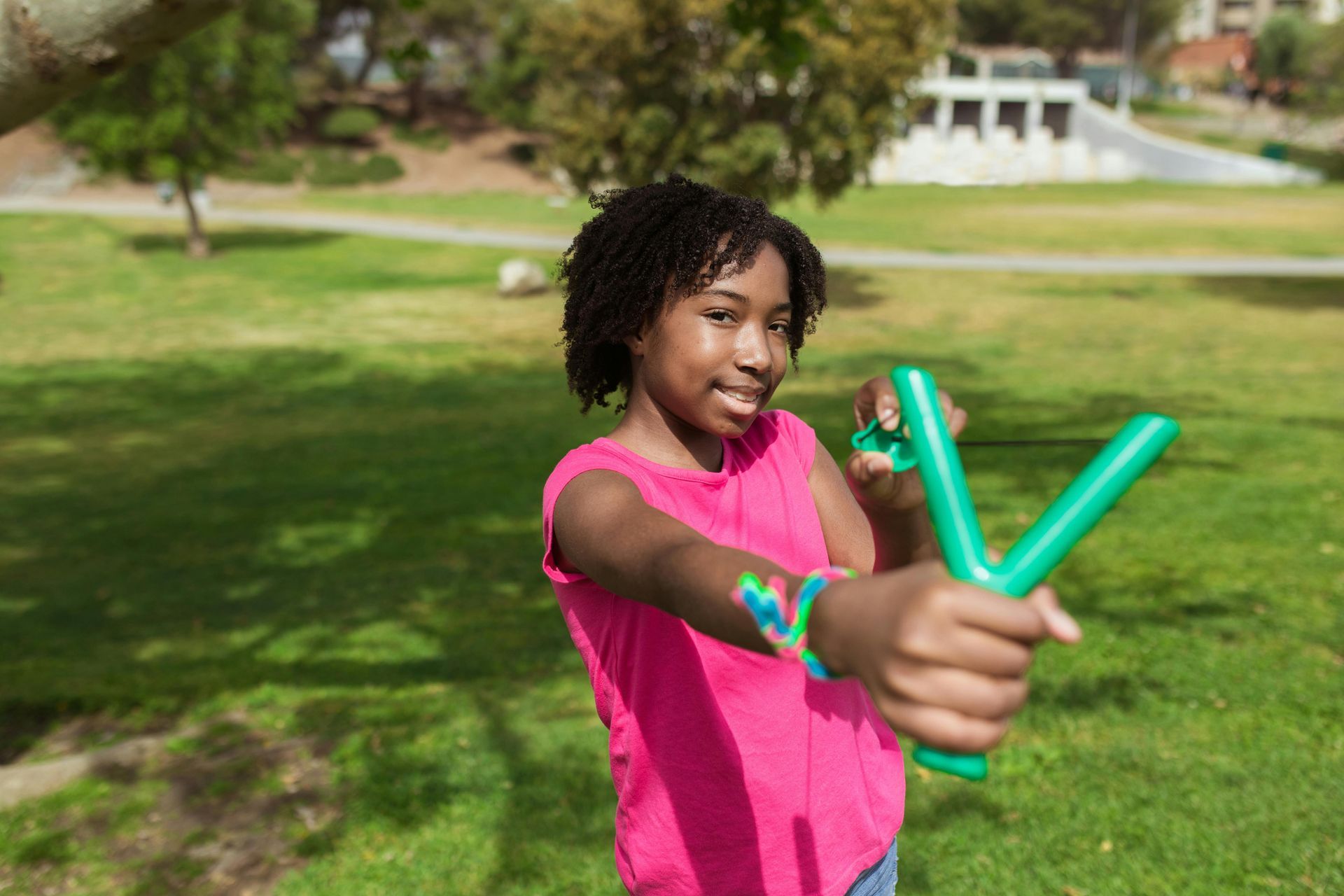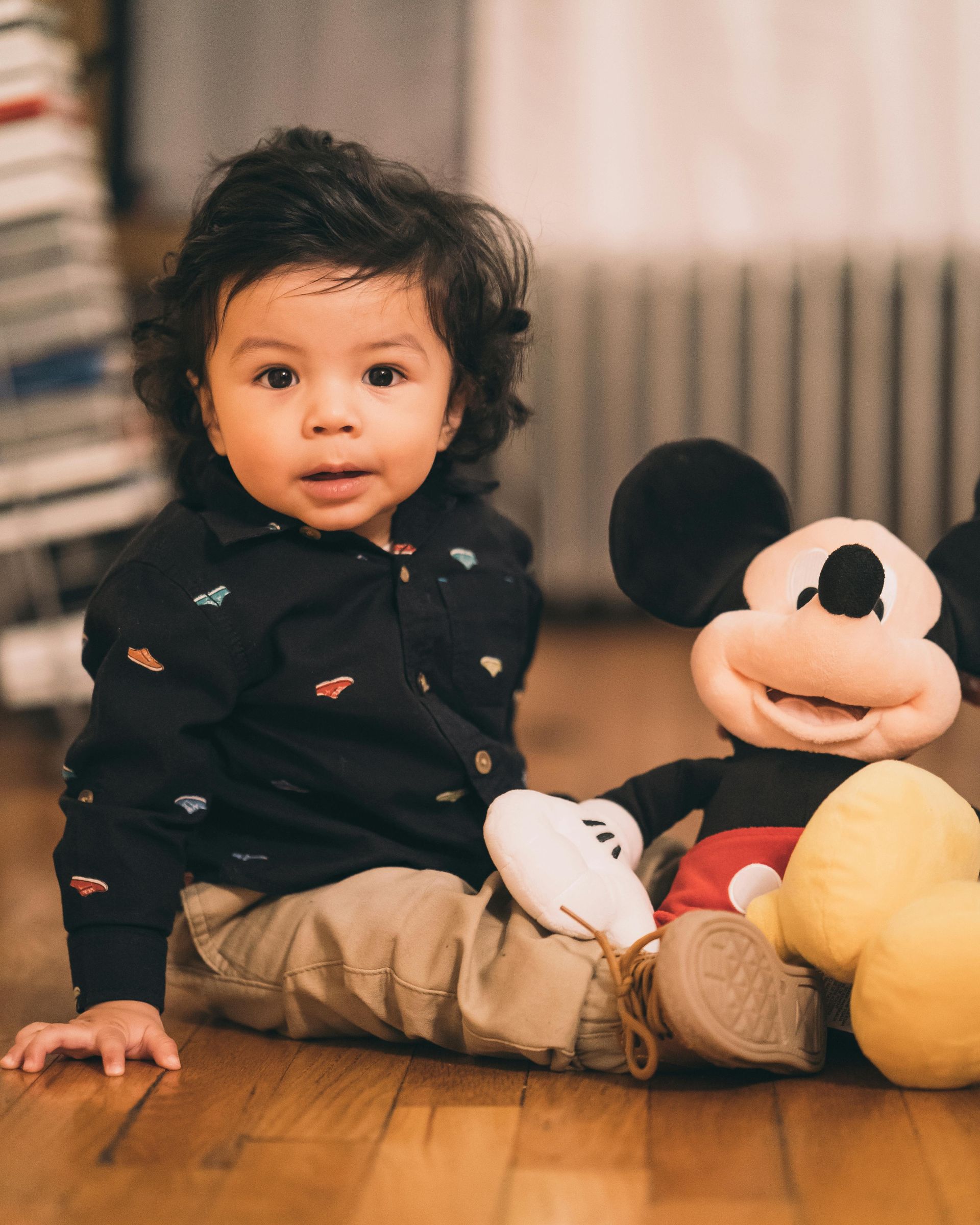How Pediatric Behavioral Health Prepares Kids For Kindergarten Success-💜
CNS Healthcare • September 12, 2025
Are you worried your child may not be ready for kindergarten? Experts like pediatric psychologists trained in pediatric behavioral health can teach young children key skills like self-regulation as well as coping skills that can make their first year in school a success!
In this post, you'll learn how mental health care services in Detroit can address issues like Attention Deficit Hyperactivity Disorder, anxiety disorders, or even simple social or emotional problems early on, so they can start school on a happy note.
Key Takeaways
- Pediatric behavioral health programs help children build social, emotional, and coping skills necessary for kindergarten.
- Issues such as anxiety, autism spectrum disorder, mood disorders, anger, ADHD, and trauma can be managed with cognitive-behavioral therapy and medication when needed.
- Group therapy helps kids learn self-regulation and improve communication with other children.
- Getting early support can improve a child's classroom behavior and academic success.
The Role of Pediatric Behavioral Health in Early Childhood Development
Pediatric behavioral health plays an important role in shaping young children's mental development, helping them build essential social and emotional skills.
Building social and emotional skills
Local Michigan healthcare professionals can teach your child a wide range of evidence-based activities that encourage teamwork, sharing, even empathy during each meeting. Group and family therapy is great for kids with behavioral disorders or developmental delays to learn self-regulation in a safe setting.
Getting early support for behavioral issues can prevent chronic depression, impulsivity problems or phobias from disrupting your child’s personal growth before they start kindergarten.
By teaching kids to recognize their feelings, manage stress, and to act calmly when upset, they can improve interactions with others while laying the foundation for lifelong wellness.
Strategies for Preparing Kids for Kindergarten Success
Self-regulation skills can help your child better manage their emotions and actions, and set the stage for a positive kindergarten experience.
Promoting self-regulation and coping skills
By introducing behavioral health services, you can help children practice self-regulation and coping skills before they start school. When you teach them emotional control in their earlier years, it set kids up for success.
Child psychologists and behavioral health providers use cognitive-behavioral therapy to help children manage mood swings, intense feelings, even stress and trauma from parental issues like substance abuse.
They use verbal and non-verbal strategies that help kids express themselves confidently. Medication may be introduced alongside counseling when other treatment options fall short.
Getting the right support early on paves the way for stronger communication, connection skills, improved classroom behavior and academic success in a classroom setting.
Benefits of Pediatric Behavioral Health for Kindergarten Readiness
Support from pediatric behavioral health helps kids in Michigan thrive in school and makes it easier for them to get along with others.
Improved classroom behavior and participation
When kids have good behavior and participation in the classroom, it leads to better learning and social outcomes, improves engagement in educational activities, and creates a solid foundation for future growth.
It's important that children are able to behave and interact well in the classroom. If your child is struggling, you can turn to programs that teach behavioral health care. Licensed counselors and social workers can create personalized plans for their unique needs to support your child as they transition to kindergarten.
Conclusion
Pediatric behavioral health is an important step in preparing children for kindergarten. Teaching kids self-regulation and improving their communication can create the necessary social and emotional skills needed for your child to succeed.
Better classroom behavior means better performance at school. If you're concerned about your child, you can explore local community resources or speak to an expert at CNS Healthcare. Stay on top of your child's mental health journey so you can give them the future they deserve!
FAQs
1. What is pediatric behavioral health and how does it help children prepare for kindergarten?
Pediatric behavioral health is a way for very young children to access mental health services, comprehensive evaluations, and behavior therapy. These services help support healthy development and manage issues like anxiety, learning disabilities, speech disorders, and neurodevelopmental conditions.
2. Which professionals provide care in pediatric behavioral health settings?
Many professionals with relevant medical education offer this valuable care including child psychiatrists, adolescent psychiatrists, physician assistants, pediatric psychologists, and therapists trained in dialectical behavior therapy or exposure and response prevention therapy.
3. How do psychological evaluations benefit kids starting school?
Psychological evaluations can reveal learning disabilities, obsessive-compulsive disorder, and other medical conditions that can disrupt a child at school. Early identification can help professionals initate treatment services before kindergarten begins.
4. How does collaboration between primary care doctors and child psychiatry improve outcomes?
This coordination allows professionals to share medical records and health information as well as be more thorough in treating both the physical health and psychiatric needs of a child.
Newsletter
Stay up to date by subscribing to our newsletter.
Recent Posts
SHARE THIS POST WITH YOUR FRIENDS

